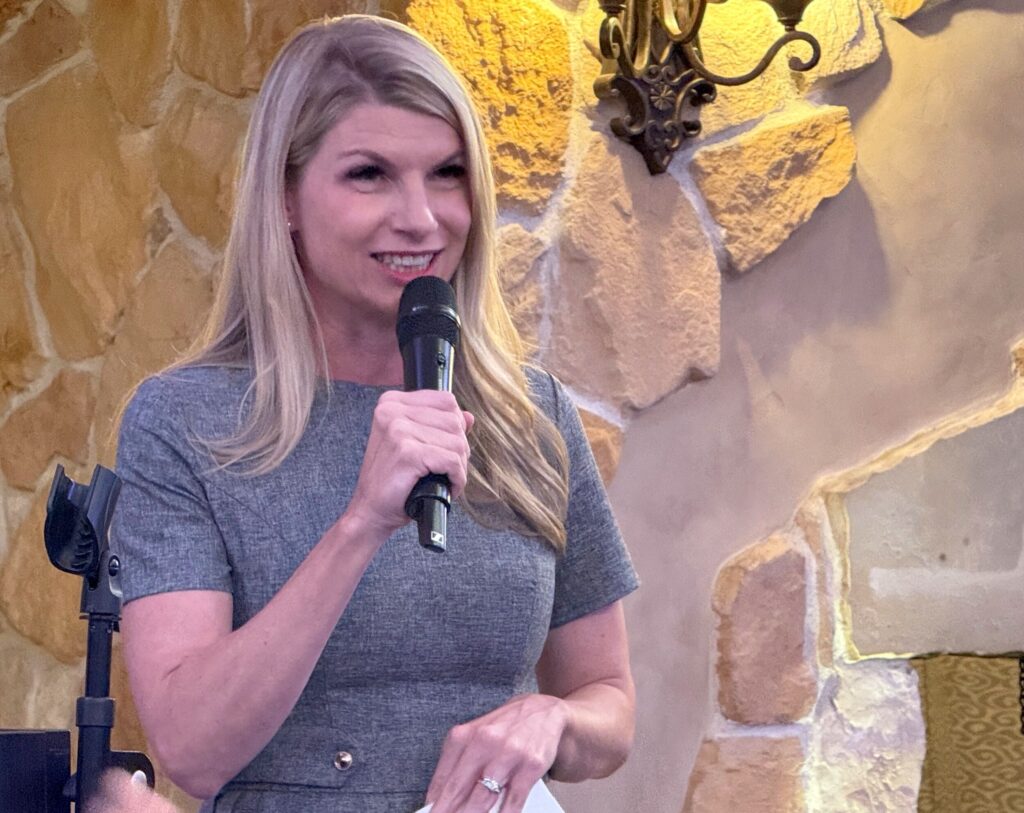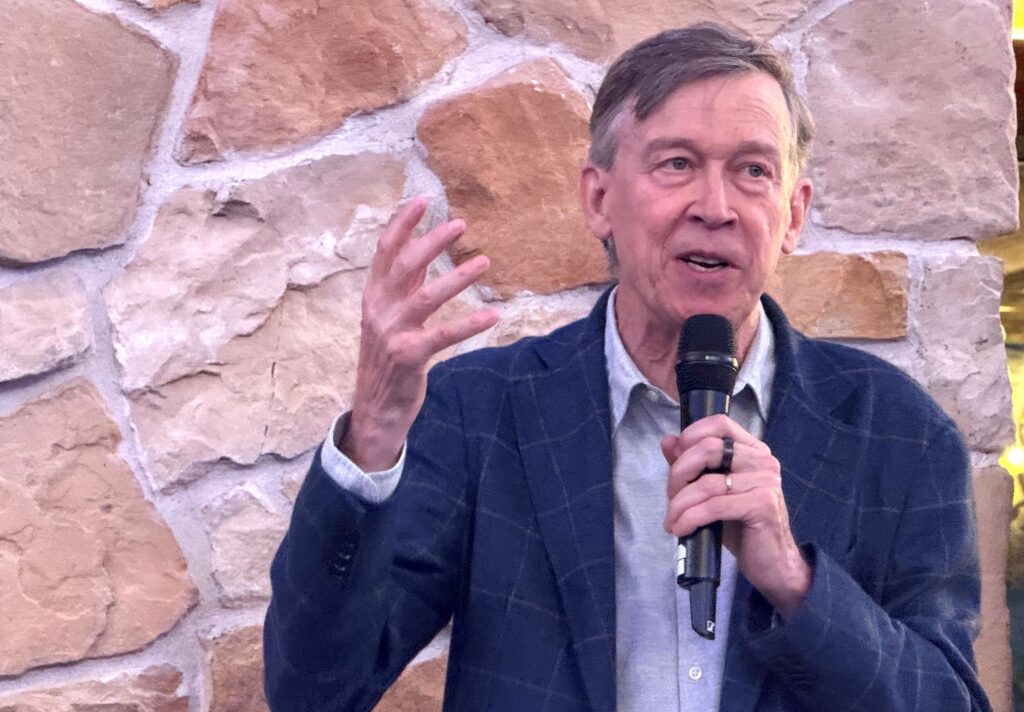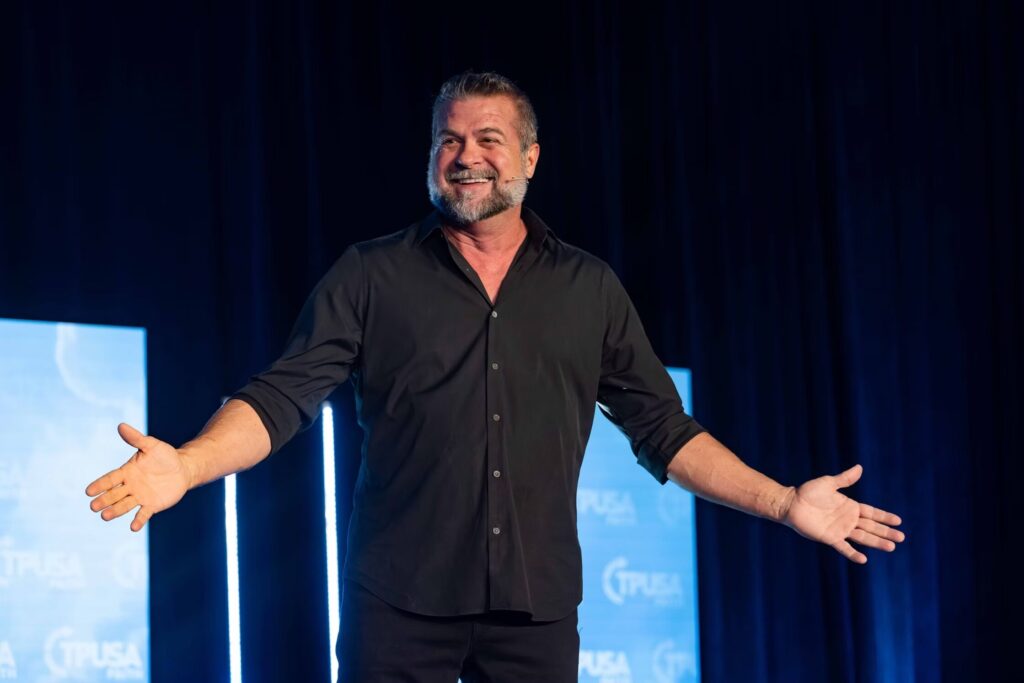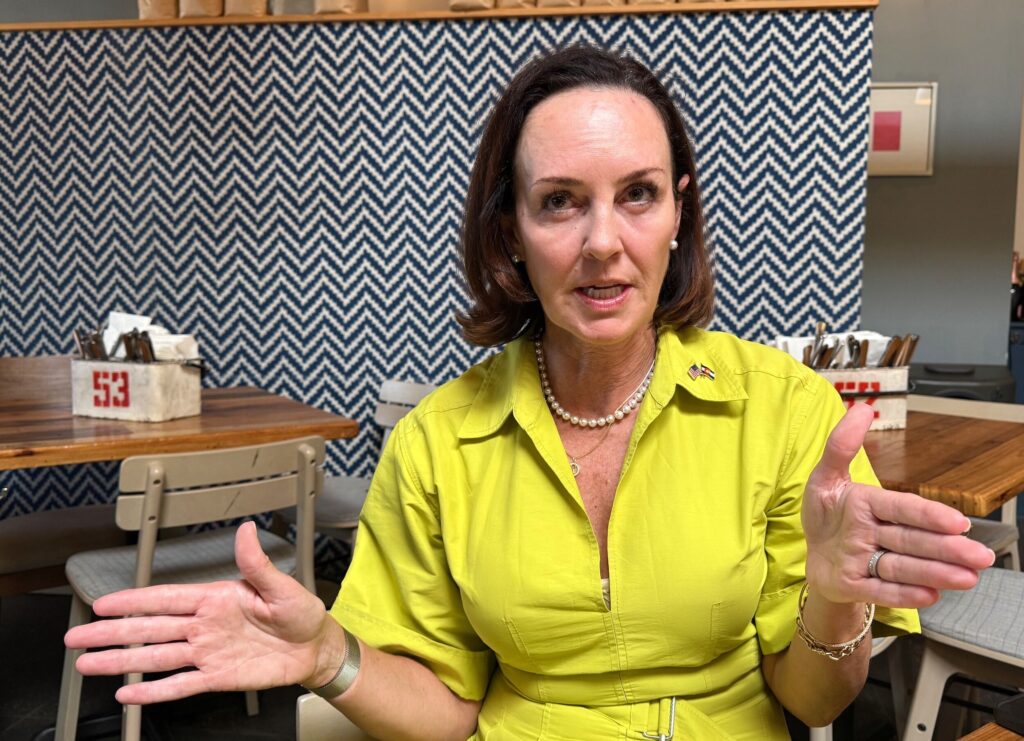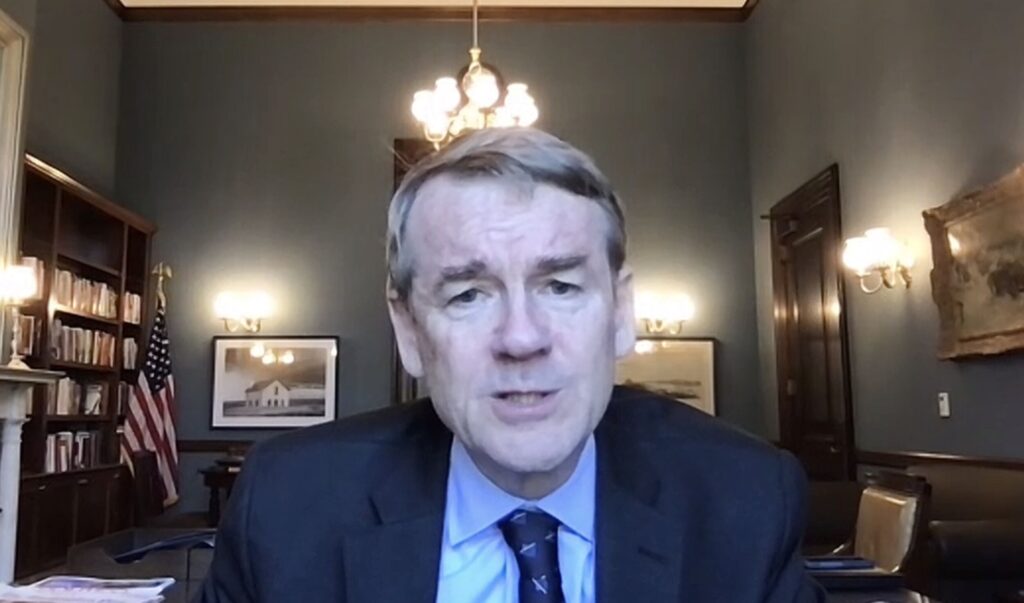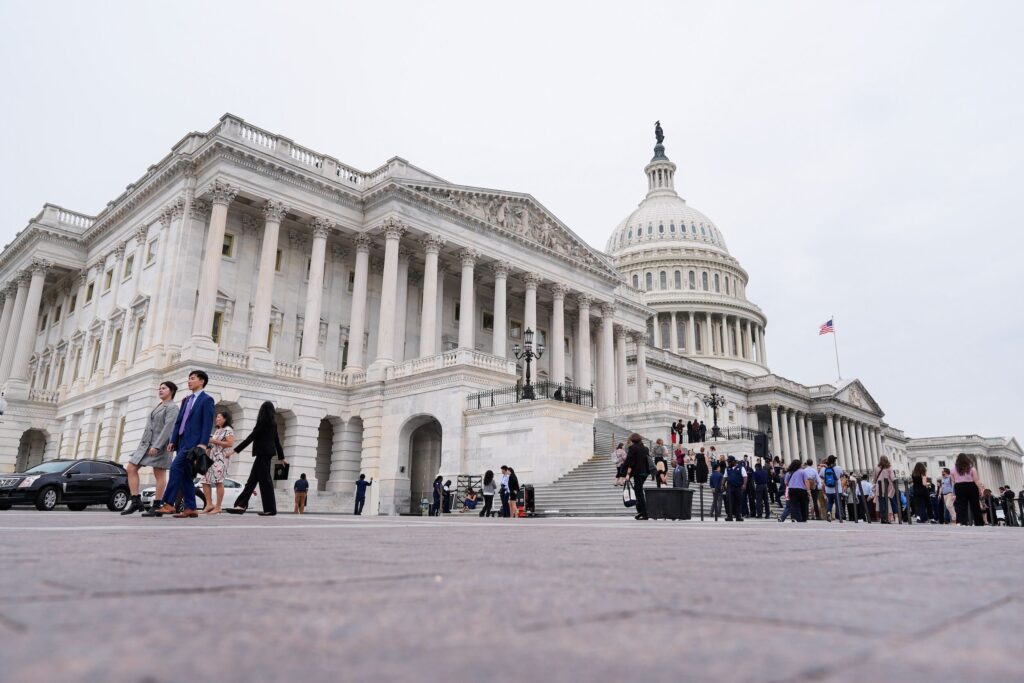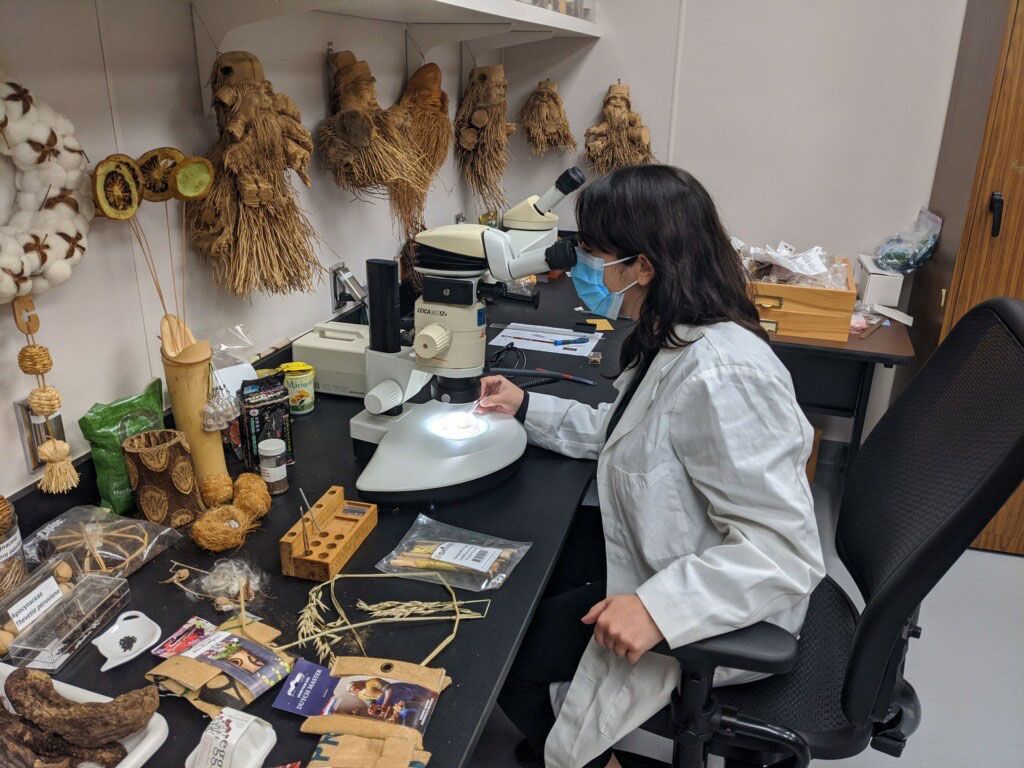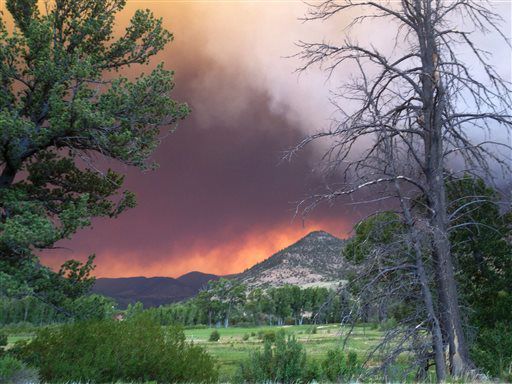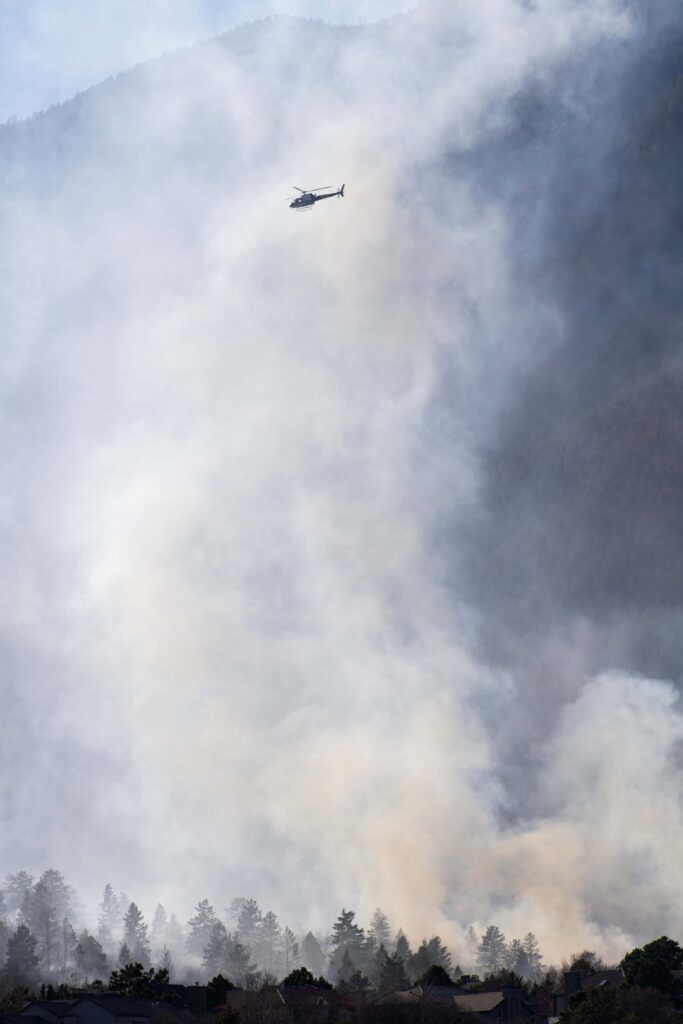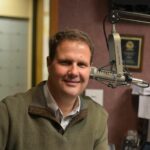Colorado lawmakers advance ‘assault’ weapons ban
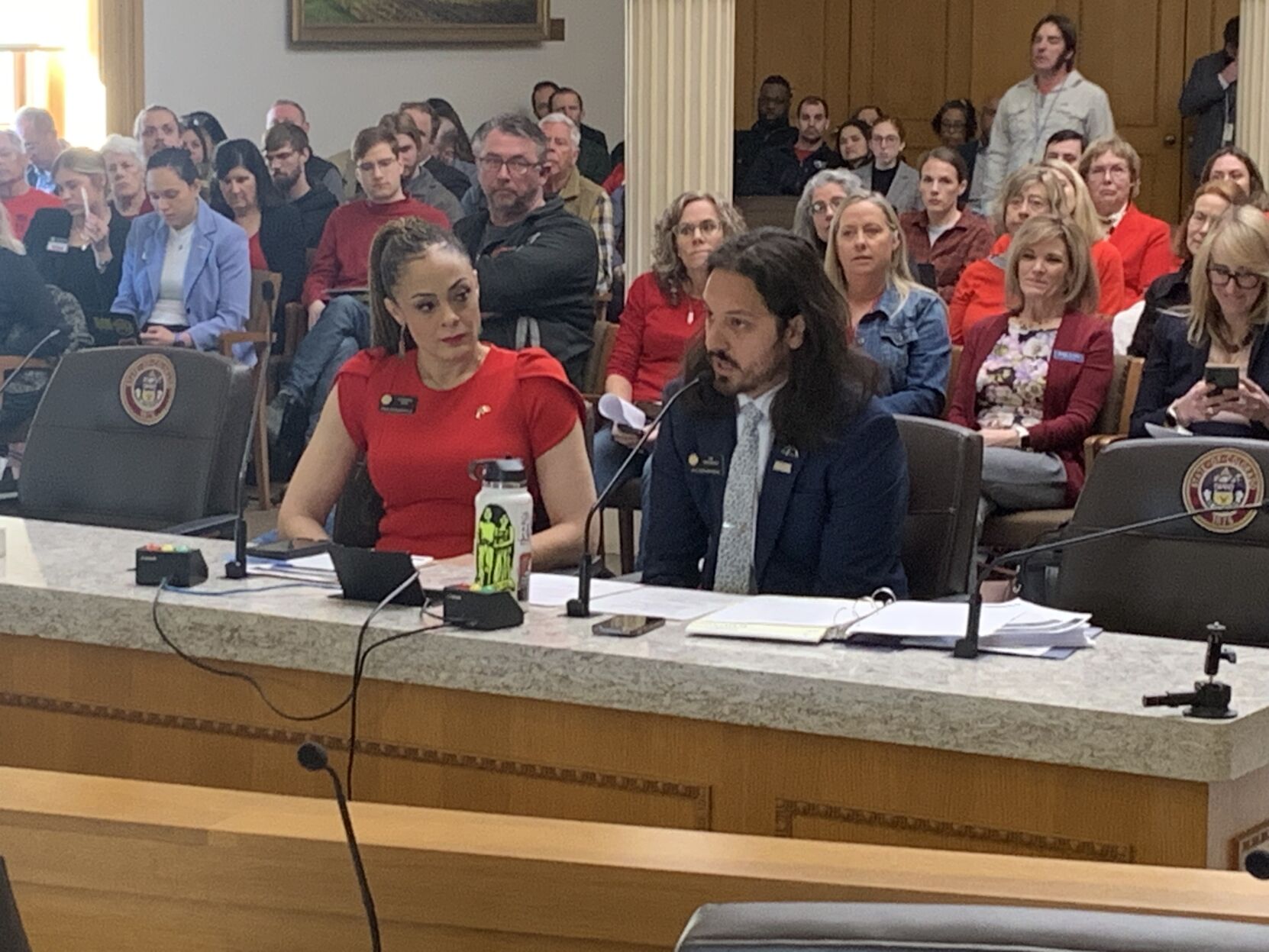
A bill banning 13 types of “assault weapons” won a party-line 7-3 vote in the House Judiciary Committee.
The panel began reviewing House Bill 1292 Tuesday morning, a hearing that lasted until just after midnight Wednesday, some 14 hours after it started. About 600 witnesses signed up to testify.
As expected, the testimony fell along expected lines. Supporters insisted that “assault” weapons, designed for the battlefield, are meant to kill as many people as quickly as possible and it doesn’t make sense for non-combatants to have access to them.
Critics countered that America faces a moral problem – not a gun problem – and that such a ban would perpetuate “soft targets,” such as schools and grocery stores, where criminals, who don’t care about gun laws, know they can simply overpower people.
Sponsored by Democratic Reps. Elisabeth Epps and Tim Hernandez, both from Denver, the measure defines the term “assault weapon” and prohibits manufacturing, importing, purchasing, selling, offering to sell – or transferring ownership of an assault weapon. The bill also bans a person from possessing a “rapid-fire trigger activator.”
Violations for a first offense is $250,000 – and $500,000 for a subsequent violation.
Epps tried a virtually identical measure last year with the same committee, but it died on a 6-7 vote, with three Democrats voting against, along with the committee’s four Republicans. That was in part tied to concerns that Gov. Jared Polis, who has opposed such a ban in the past, would veto the bill.
That hasn’t changed.
What has changed is the committee itself.
House Speaker Julie McCluskie removed Epps and another member, Rep. Bob Marshall, citing conflicts within the committee. A third member, Rep. Said Sharbini, resigned in December.
McCluskie also said she wanted the committee to reflect more progressive viewpoints. She replaced Epps, Marshall and Sharbini – the latter two who cast “no” votes on the bill in 2023 – with Reps. Lorena Garcia of Adams County and Leslie Herod and Javier Mabrey, both of Denver.
The third “no” vote came from Rep. Marc Snyder of Colorado Springs. He’s the last Democratic member on the committee who voted “no” last year. Snyder did not attend the hearing Tuesday.
The committee’s chair, Rep. Mike Weissman of Aurora and vice-chair Jennifer Bacon of Denver, both voted in favor of the 2023 measure.
The bill’s next stop is the full House, where it’s also likely to win approval from majority Democrats.
It’s the Senate where the bill’s biggest test could take place. Should it be assigned to the Senate Judiciary Committee, pressure will focus on the committee’s swing vote, who is likely to be Sen. Dylan Roberts, D-Summit County, and that pressure could come from the governor’s office, as well as advocates on both sides of the issue.
And, should the bill pass and be signed into law, it’s certain to get challenged in court, particularly given the U.S. Supreme Court’s 6-3 decision in New York State Rifle & Pistol Association v. Bruen.
In that 2022 ruling, the court’s majority said the ability to carry a pistol in public is a constitutional right guaranteed by both the Fourteenth and Second Amendments. While the ruling pertained specifically to concealed weapons, it’s been more broadly interpreted to apply to gun regulations nationwide. It’s also led to legislative bills on prohibiting guns in “sensitive” places – a Colorado bill seeking exactly that will be heard in the Senate Judiciary Committee Wednesday.
During the hearing, Hernandez, the first Gen-Z lawmaker, cited the number of mass shootings committed with “assault” weapons, which is defined in the bill as 13 different types of weapons, including Uzis, Thompson, AK and AR-type weapons.
“I might be the only person in this building who has been living with this for my entire life that I have never known a school without a school shooter drill,” Hernandez told the committee, noting he was 2 when the Columbine massacre took place in 1999, was in the ninth grade when the Aurora Theater Shooting happened in 2012 and in tenth grade when Sandy Hook occurred later that year.
The shooting at the Colorado Springs Planned Parenthood took place in his senior year, and more mass shootings took place while he was in college and in his early years as a public school teacher – all those shootings involved “assault” weapons, he said.
“This has been happening my entire life, and to be frank with you, I’m not waiting anymore,” he said, adding it’s the legislature that taught him nobody would save them. “I now teach the young people in my classroom that we must save ourselves,” pressing for gun control measures like students did last year after the shootings that affected East High School.
‘Brutally effective’
The first panel of witnesses were all high school students who echoed Hernandez’ experience. One student from Arvada West High School said every time her parents go to the grocery store, she thinks of the King Soopers shooting in Boulder and that one day, she got a text from a classmate, warning her not to come to school because of a lockdown drill that might have been the real thing.
A panel of military veterans who support the bill told the committee “assault” weapons have just one purpose – to kill as many people and in the shortest time period possible.
Assault weapons are weapons of war, according to Carl Ham of Colorado Ceasefire, a Vietnam War veteran.
“These guns are brutally effective,” Ham said, adding they have design traits that have made them the weapons of choice for most mass shooters.
“I could not be more pleased with the actions our lawmakers are taking to prevent unneeded gun violence,” said Navy veteran Mark Gonzalez, who served in Operation Iraqi Freedom and was trained as an expert marksman on military’s version of a semi-automatic assault style rifle, now commonly called an AR 15.
There’s no place in a civilized society for unfettered access to weapons designed to be on the battlefield, Gonzalez said.
A morality problem
On the opposite side, witnesses testified that banning guns will not reduce crime.
Mark Geist told the committee the country has a morality problem, not a gun problem. Geist, a military veteran whose family has lived in Colorado for generations, said policymakers “can outlaw American people, who are law-abiding citizens, from having the right to own firearms” – no matter what kind of firearm.
“But there’s still going to be people who are going to cause crime and murder,” he said.
Other witnesses said a ban will hurt people of color, women, LGBTQ individuals and those who live with disabilities.
Max Melans, who has a disability, said he chooses to carry a Glock 19 every day to defend himself. People of color deserve the right to choose weapons in a world “that continues to violently attack them for the color of their skin,” he added.
Chase Moore pointed out that criminals prefer “soft targets,” such as grocery stores, schools and theaters, particularly those designated as “gun-free zones.”
Criminals don’t choose police stations or military bases, he said.
County sheriffs and police chiefs also opposed the bill.
Douglas County Sheriff Darren Weekly said he’s seen many tragedies involving firearms with citizens, friends and law enforcement colleagues.
“It’s clear that guns and responsible gun owners aren’t the problem, nor the cause of mass shootings,” Weekly said.
The problem of crime and gun violence must be addressed without “compromising constitutional rights and gradually and methodically chipping away at liberty under the guise of public safety,” Weekly added.
More than a few witnesses warned Democrats they are declaring war on Colorado citizens, and at least twice, threatened the committee members who support the measure.
“You have a decision today. End your assault on our Second Amendment rights. We will end your political careers and blast your faces as traitors to this country,” one person said.
The bill’s high penalties could have meant two more committee reviews, but an amendment from the sponsors lessened the fines to a petty offense. HB 1292 now goes to the full House for debate.

marianne.goodland@coloradopolitics.com


